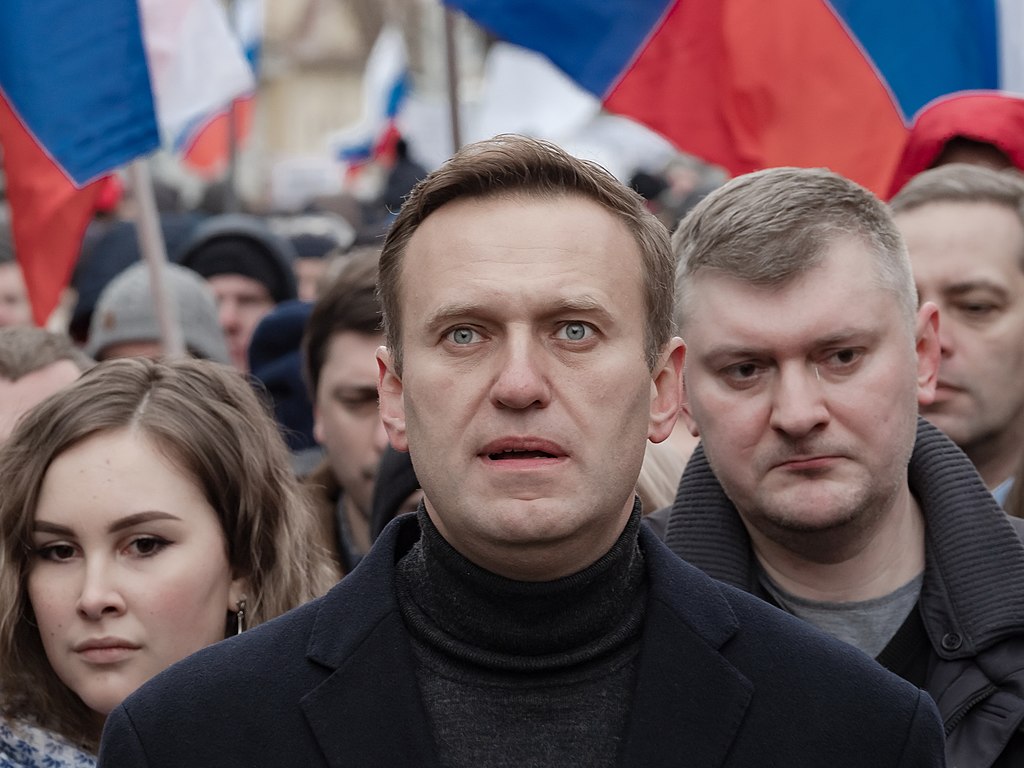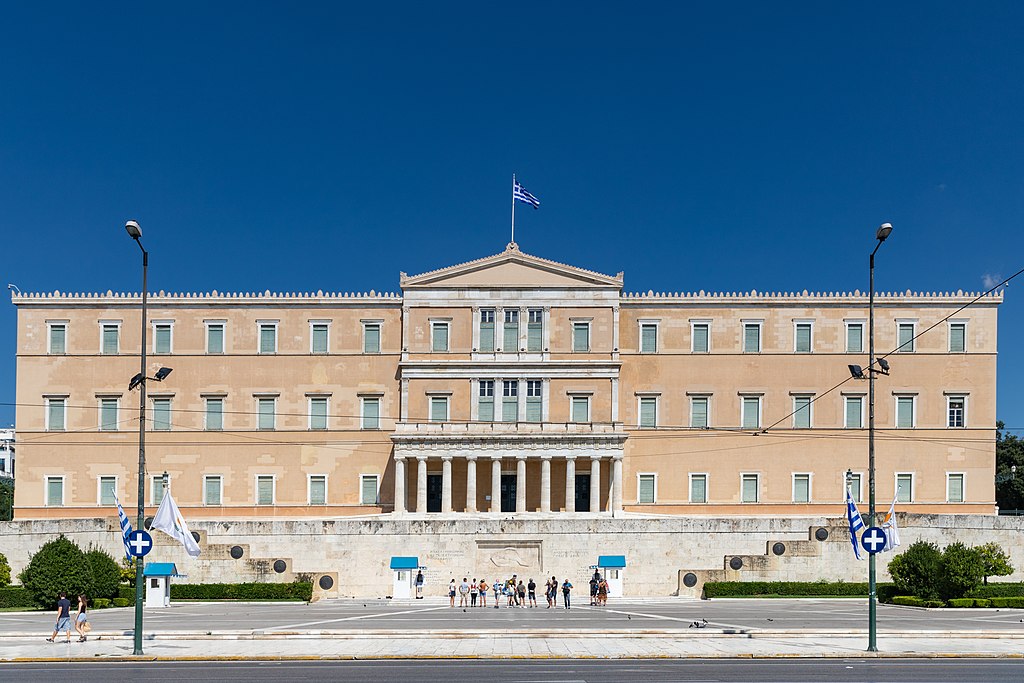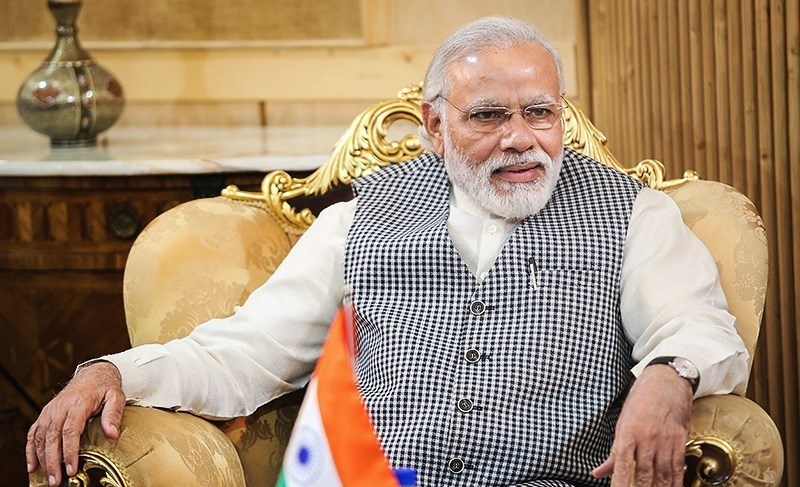Overview:
The Global Affairs team share some of the most important weekly headlines that you may otherwise have missed.
A note from the editor
Alexei Navalny, the Russian opposition leader, has died on Friday in the arctic cell he has been held in since late December. Navalny was arguably the most influential opposition that had challenged Putin. With his death, the strangle Putin has over Russia has proved even more evident.
In India, farmers have gone out to the streets to call for assured crop prices. As India’s general election approaches (look out for our new column on elections, Pathways to Power: 2024), the current government may try to placate the important voting population of farmers.
On a more positive note, Greece became the first Christian Orthodox country to legalize gay marriage. Despite some opposition by the Church of Greece, it was a day of victory for same-sex couples.
As usual, a lot goes on outside of OX1, and we hope this week’s Outside OX1 helps to explain some of them!
Russian opposition politician Alexei Navalny dies; what’s next for Russia?
Louis Treasure

Russian opposition leader Alexei Navalny, who had been jailed on extremism charges since January 2021, died in an arctic circle jail on Friday. Navalny was an activist and sharp critic of the Putin government, having run (or attempted to run) for various political offices in recent years. Unclear circumstances surrounding his death have led to speculation around the circumstances; the Russian Government claims Navalny died of natural causes.
Navalny had been held in a remote Siberian prison, known as the ‘Polar Wolf’ penal colony. Navalny’s mother has so far been unable to recover Navalny’s body; Navalny’s team claim that he was murdered by the Russian Government. Navalny’s body was recently found in the jail’s morgue with bruises on the head and neck, raising suspicions; an autopsy is yet to be performed.
The focus of Navalny’s campaigning was often anti-corruption; Navalny had branded the ruling political party United Russia a ‘party of crooks and thieves’. His death has provoked some members of the public across Russia to hold events in memory; at least 400 people have been detained since Friday. Navalny was founder and leader of the unregistered opposition party ‘Russia of the Future’. Navalny also founded the ‘Anti-Corruption Foundation’ in 2011, which was declared a foreign agent and extremist organisation in 2021.
The US and UK ambassadors to Russia laid flowers in remembrance of Navalny, with the UK ambassador calling for a ‘full and transparent investigation into Navalny’s death’. The Foreign Office has stated that they hold Russian authorities ‘fully responsible’ for Navalny’s death.
Putin is however yet to make any public statement on the matter; the Russian Foreign Ministry say they reject the assessments British officials made on the cause of death. Putin has maintained an iron grip on Russian politics since his ascendancy in 2008, holding the post of either Prime Minister or President since. With a Ukrainian retreat and relatively stable economy, Putin has long since abandoned any attempt to court the West. The Russian opposition is likely to remain in dire straits with no anti-war candidates having been approved to run in the March Presidential election. Putin’s allies share his optimism – Margarita Simonyan, the head of the state-controlled news channel RT has stated that ‘Russia owes nothing to anyone’. The 71-year-old President’s position, on most accounts, has only been strengthened by Navalny’s death.
Greece becomes the first Christian Orthodox country to legalize same-sex marriage
Nick Marshall

Greece’s parliament approved a bill on Thursday that will allow for same-sex civil marriages, making Greece the first majority-Christian Orthodox country to do so. The vote, which will also allow same-sex couples to adopt children, won in a landslide victory of 176-76 and has now made Greece the world’s 37th country to legalize the union.
The bill was drawn up by the centre-right New Democracy party, supported by Prime Minister Kyriakos Mitsotakis. Although it was expected that some legislators in the New Democracy party would oppose the bill due to Orthodox resistance, support from the opposition guaranteed its passing in parliament. Greece’s main opposition party, the leftist Syriza party, is led by Stefanos Kasselakis, an openly gay man, and the bill required a simple majority in the 300-member parliament to pass.
Mitsotakis stated on X: “This is a milestone for human rights, reflecting today’s Greece – a progressive, democratic country, passionately committed to European values.” This belief seems to largely be shared amongst the Greek population, with opinion polls from 2020 suggesting that approximately 56% of Greeks are in favour of same-sex civil marriages. When the result was announced, swathes of people waved rainbow flags on Syntagma Square outside the parliament building in central Athens.
However, this bill has been met with some opposition, most notably from the Church of Greece, which has close ties to many MPs in government. The Church was “totally opposed” to marriage reform and “condemns” children growing up in an “environment of confusion.” Support for this view has been expressed in other Orthodox countries, including the Ecumenical Patriarchate based in Istanbul, Türkiye, and around 4,000 protesters took to Syntagma Square in Athens to oppose the bill last Sunday.
Same-sex couples still face many inequalities in Greece, with opinion polls suggesting that most Greeks oppose surrogacy for same-sex couples. Greece has historically been condemned by the European Court of Human Rights in 2013 for excluding gay couples from a civil unions bill in 2008. Civil unions for same-sex couples have been legal in Greece since 2015, making them one of the last countries in the EU to legalise these. Despite this, Greece gave legal recognition to gender identity in 2017, and conversion therapy has been banned for minors for two years, marking a swift progression in Hellenic queer rights over the past 5 years.
Undeniably, the politics surrounding same-sex marriage in Greece is complicated, and political parties, such as the leading New Democracy, do not have a particularly united stance on the issue. Nonetheless, this offers a landmark step in LGBTQIA+ rights for
Indian farmers’ ‘Delhi Chalo’ march
Tiffany You
Police in India have fired tear-gas at thousands of farms trying to reach New Delhi to stage a mass protest. Thousands of farmers embarking on the “Delhi Chalo” – “Let’s go to Delhi” – however stopped about 200 kilometres north of the capital, leading to clashes and disputes as police used tear gas and barricades to stop them.
This occurred on Tuesday when authorities deployed heavy security to try and stop the thousands of farmers protesting towards the capital in an attempt to demand assured crop prices. Many entry points into New Delhi were sealed by police, large gatherings in the capital were banned, and internet services were suspended in some districts of the neighbouring Haryana state.
This is not the first time that such protests have occurred – demonstrations of a similar nature were held in 2020 and 2021. During this last protest, which resulted in a year-long protest that ended only after it was agreed by ministers that controversial agriculture laws would be repealed, dozens passed away.

Farmers are an important voting bloc in India’s general election, which is due to be held in April and May of this year. Analysts predict that the government of Prime Minister Narendra Modi will be keen not to alienate them, as his Bharatiya Janata Party (BJP) seeks a consecutive third term in government.
The protest march has since been postponed. This is due to a newly scheduled round of talks between unions and government ministers. The demand by Indian farmers for the government to set a minimum support price for produce, however, is yet to be determined.
Write for us!
Interested in writing for the OX1 column, looking for somewhere to turn your article idea into a reality? Then look no further. Both the Global Affairs and Environment Section are looking for new writers and contributors. If you’re interested in student journalism and want to get involved make sure to join the Oxford Blue writers group on Facebook.
Oxford Blue Writers Group:
https://www.facebook.com/groups/2462003647260904/?mibextid=oMANbw
Global Affairs Writers Group:
https://www.facebook.com/groups/441255647575456/?mibextid=oMANbw
